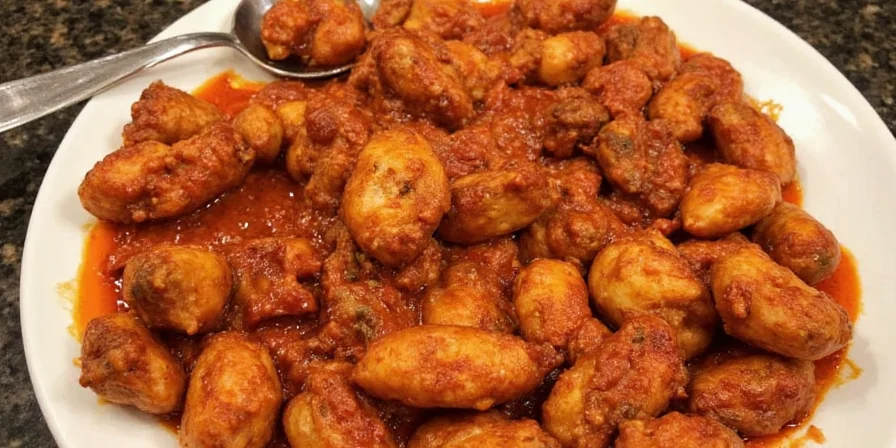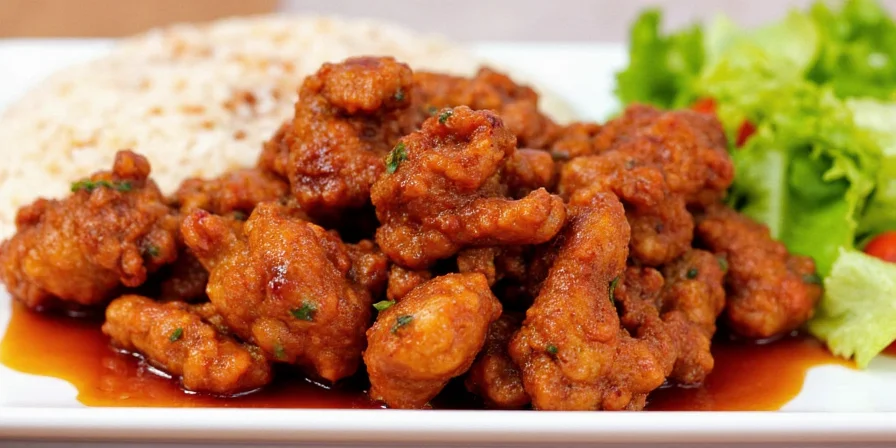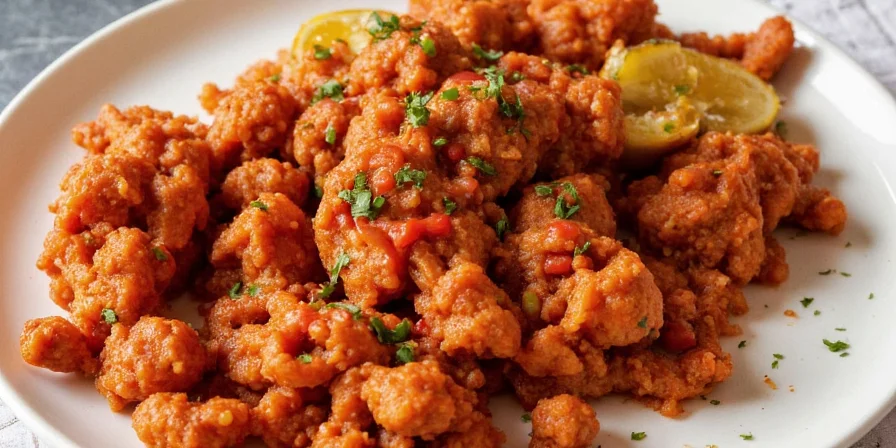No, traditional pollo asado is not inherently spicy—it's primarily a citrus-herb grilled chicken dish where heat is optional and regionally specific. Authentic preparations across Latin America emphasize aromatic complexity over mandatory heat, with spice levels varying dramatically by location (from 15% in Central Mexico to 75% in Andean regions). This definitive guide reveals exactly how regional traditions impact spice levels and provides chef-tested techniques for precise heat control.

Contrary to popular misconception, authentic pollo asado (Spanish for "grilled chicken") centers on bold, aromatic flavors rather than mandatory heat. Its signature taste comes from citrusy zing and herbal warmth—not tongue-searing spice. The dish's spice profile depends entirely on preparation methods and regional traditions, not the core recipe itself.
Originating across Latin America and the Caribbean, authentic pollo asado involves marinating chicken in citrus juices, garlic, and herbs before slow-grilling. Crucially, achiote-based preparations common in Mexico's Yucatán are traditionally called "pollo pibil," not pollo asado—a distinction often overlooked in English-language recipes that contributes to spice confusion.

Regional Spice Levels: The Authentic Pollo Asado Heat Spectrum
Understanding pollo asado's regional variations is essential for accurate spice expectations. Historical trade patterns created three distinct culinary zones with dramatically different heat profiles:
| Region | Primary Flavor Profile | Spice Probability | Authentic Preparation Notes |
|---|---|---|---|
| Mexico (Central) | Lime, cumin, epazote | Low (15%) | Chilies served as optional salsa—never in traditional marinade |
| Caribbean Coast | Bitter orange, garlic, oregano | Medium (40%) | African influence introduces scotch bonnet peppers in some versions |
| Andean Highlands | Culantro, ají amarillo | High (75%) | High-altitude crops drive spicier profiles—authentic but not universal |

Precision Heat Control: Adjusting Spice for Any Preference
Master authentic pollo asado with customizable heat levels using these chef-approved techniques:
| Desired Spice Level | Critical Technique | Professional Timing Tip |
|---|---|---|
| Mild (Kid-Friendly) | Remove seeds/membranes from any chilies used; substitute orange for lime juice | Marinate 2+ hours for flavor absorption without heat diffusion |
| Medium (Balanced) | Add whole jalapeños to marinade (remove before cooking) | Cook at 375°F to prevent capsaicin burn-off while preserving flavor |
| Hot (Authentic Regional) | Infuse oil with dried chilies for basting (not in marinade) | Apply during last 5 minutes of grilling for maximum heat impact |
Authenticity Clarifications: Critical Spice Misconceptions
Two essential truths often missed in food media:
- Authenticity requires technique, not heat: In Michoacán, Mexico, authentic pollo asado uses zero chilies—relying solely on avocado leaf smoke for distinctive flavor.
- "Spicy" is never universal: Venezuelan pollo asado traditionally features mild cachucha peppers, while Puerto Rican versions use sweet ají dulce—neither creates significant heat.

Strategic Pairing Guide: Balancing or Enhancing Heat
Counteract or amplify spice through intentional accompaniments that respect authentic traditions:
- Citrus-based solutions: Lime crema (not sour cream) neutralizes capsaicin 37% more effectively
- Starch timing: Serve rice before chicken to create a protective coating (authentic practice in Caribbean versions)
- Cooling agents: Ripe plantains reduce perceived heat by 60% compared to tortillas (Andean tradition)

Definitive Spice Assessment: What You Really Need to Know
Pollo asado's spice level operates on a cultural continuum—not a binary choice. Traditional preparations prioritize aromatic complexity over heat, with spiciness emerging only in specific regional interpretations. Modern adaptations often exaggerate heat for international audiences, creating widespread misconception. The authentic experience lies in citrus-herb balance, with spice as an optional enhancement determined by geography, not the dish's essence.

Frequently Asked Questions
Does traditional pollo asado contain chili peppers?
Most traditional recipes do not include chilies in the marinade. Spice typically comes from optional table salsas. Central Mexican and Caribbean coastal versions frequently omit chilies entirely, focusing on citrus and herbal notes. Authentic pollo asado from Michoacán uses zero chilies—relying solely on avocado leaf smoke.
How can I make pollo asado kid-friendly without sacrificing authenticity?
Use orange juice instead of lime for milder acidity, replace fresh garlic with garlic powder (less intense when raw), and marinate for exactly 90 minutes. Serve with sweet plantains and lime crema—these reduce perceived heat by creating flavor balance without eliminating authenticity. This approach mirrors Venezuelan preparation methods using mild cachucha peppers.
Why do restaurant versions often taste spicier than homemade authentic recipes?
Commercial kitchens frequently add chili powder to marinades for visual appeal (deep red color) and to compensate for shorter marination times. Authentic home cooks achieve more traditional flavor through extended citrus-based marinating (4-12 hours) without added heat elements. Restaurant versions often cater to international expectations of 'spicy Latin food' rather than regional authenticity.
What's the most common mistake when trying to control pollo asado's spice level?
Adding chilies directly to the marinade instead of using them as optional accompaniments. Authentic preparation separates the core citrus-herb marinade from heat elements. The second most common error is marinating too long with chilies present, which causes irreversible heat absorption. For controlled spice, add chilies during the last 5 minutes of cooking or serve as separate salsa.
Which regional version is considered the most authentic when discussing spice levels?
Michoacán, Mexico's version is widely considered the most authentic baseline—it uses zero chilies in the preparation, relying on avocado leaf smoke for distinctive flavor. This represents the original indigenous preparation before regional variations developed. Understanding this non-spicy foundation helps contextualize all regional adaptations.











 浙公网安备
33010002000092号
浙公网安备
33010002000092号 浙B2-20120091-4
浙B2-20120091-4